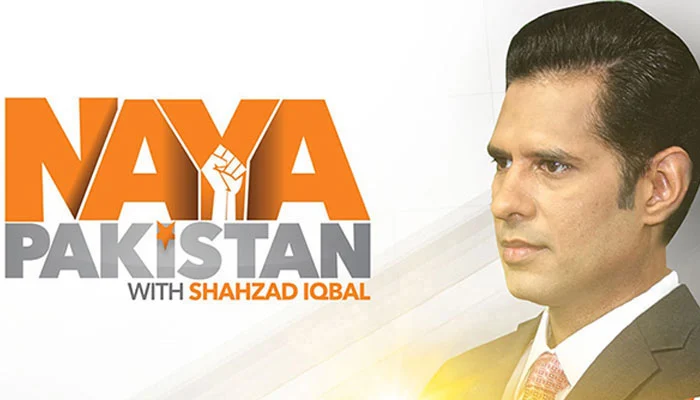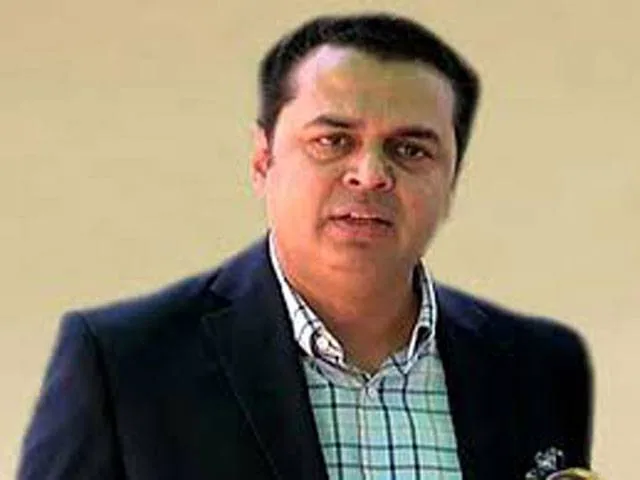The “Naya Pakistan” program on Geo TV recently featured a candid conversation where former Secretary of Foreign Affairs, Azaz Chaudhry, and ex-cricketer Abdul Razzaq shared their thoughts on cricket, international relations, and Pakistan’s performance in the ongoing cricket World Cup. The show’s host, Shahzad Iqbal, facilitated a lively and insightful discussion that covered a range of topics, including Pakistan’s cricketing woes and the ongoing conflict in Gaza.
During the program, Azaz Chaudhry highlighted the need for Pakistan to engage with the United States if it intends to influence Israel’s actions. He emphasized that merely condemning Israel’s actions would not be sufficient and suggested that Pakistan should take diplomatic steps to address the issue. While the conflict in Gaza rages on, Azaz Chaudhry stressed the importance of international efforts to end the blockade in Gaza and provide humanitarian assistance. The conversation also touched on the recent meeting of the Organization of Islamic Cooperation (OIC) where Pakistan’s Prime Minister was present. However, Azaz Chaudhry believed that while such meetings are essential, concrete actions are necessary to make a difference, such as closing down embassies in countries with ties to Israel or imposing economic sanctions.
Shahzad Iqbal, the program’s host, pointed out that Pakistan’s cricket team’s recent performances have raised many questions about the team’s selection and the players’ abilities. The lackluster performance in the ongoing World Cup has led to criticism and concern among cricket enthusiasts. Shahzad Iqbal also highlighted the influence of England’s cricketing expertise on Pakistan’s management, suggesting that those responsible for selecting the team need to reassess their approach. He went on to say that Pakistan has not developed any prominent players in the past three to four years, and the team’s current performance indicates a lack of preparation and strategy.
In response to these concerns, Abdul Razzaq, the former cricketer, acknowledged that Pakistan’s cricket team has been the subject of ridicule and criticism in the World Cup. He attributed this poor performance to the lack of investment in developing young talent in Pakistan’s domestic cricket structure. Razzaq expressed the need for a system that identifies and nurtures promising players to ensure a steady pipeline of talent. He also spoke about the pressure on the current captain, Babar Azam, and suggested that he might not have been adequately guided and supported by the cricket board in his captaincy. According to Razzaq, the recent performance highlighted the importance of identifying and cultivating top-quality players rather than focusing solely on metrics and rankings.
The conversation pivoted back to international relations, with Azaz Chaudhry emphasizing that Pakistan’s efforts to influence Israel’s actions require more than just rhetoric. He pointed out that the United States and Europe play a crucial role in the Israel-Palestine conflict, and any meaningful action would need to involve them. Azaz Chaudhry acknowledged that while the OIC meeting was a positive step, mere statements condemning Israel might not lead to change. He urged for tangible actions to be taken to make a real difference.
Shahzad Iqbal concluded by highlighting the need for Pakistan to reassess its approach to cricket and develop a solid domestic cricket structure that fosters talent and nurtures future stars. He argued that the lack of success in international cricket was not solely the fault of the current players or management, emphasizing the need for a more comprehensive strategy to elevate Pakistan’s cricketing standards.
The “Naya Pakistan” program on Geo TV featured a thought-provoking conversation that touched on two crucial aspects of Pakistan’s contemporary concerns: its cricketing struggles and its role in international relations, particularly with regards to the Israel-Palestine conflict. The discussion revealed the need for both decisive actions in diplomacy and a comprehensive plan for cricket development to ensure a brighter future for Pakistan in both arenas.



